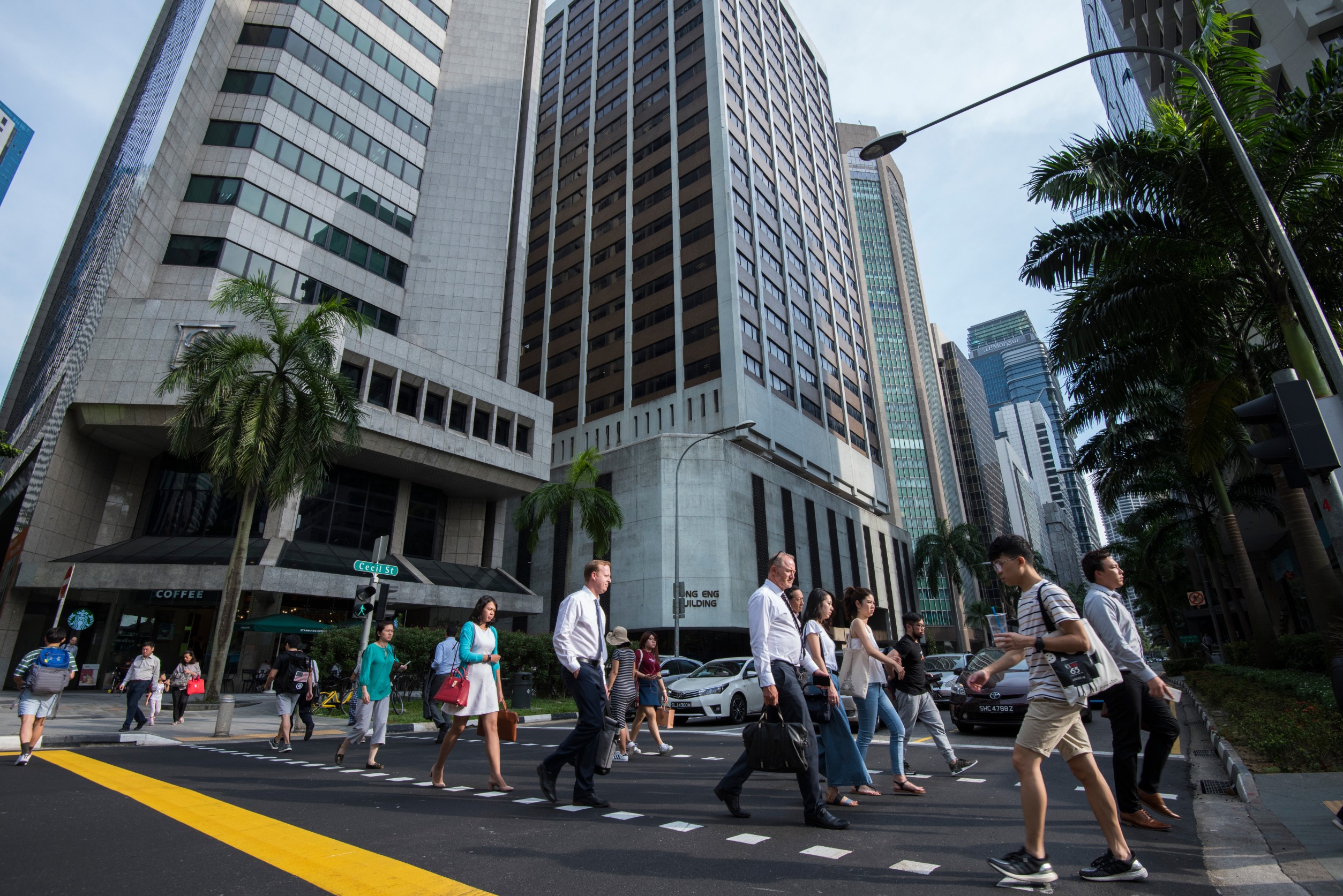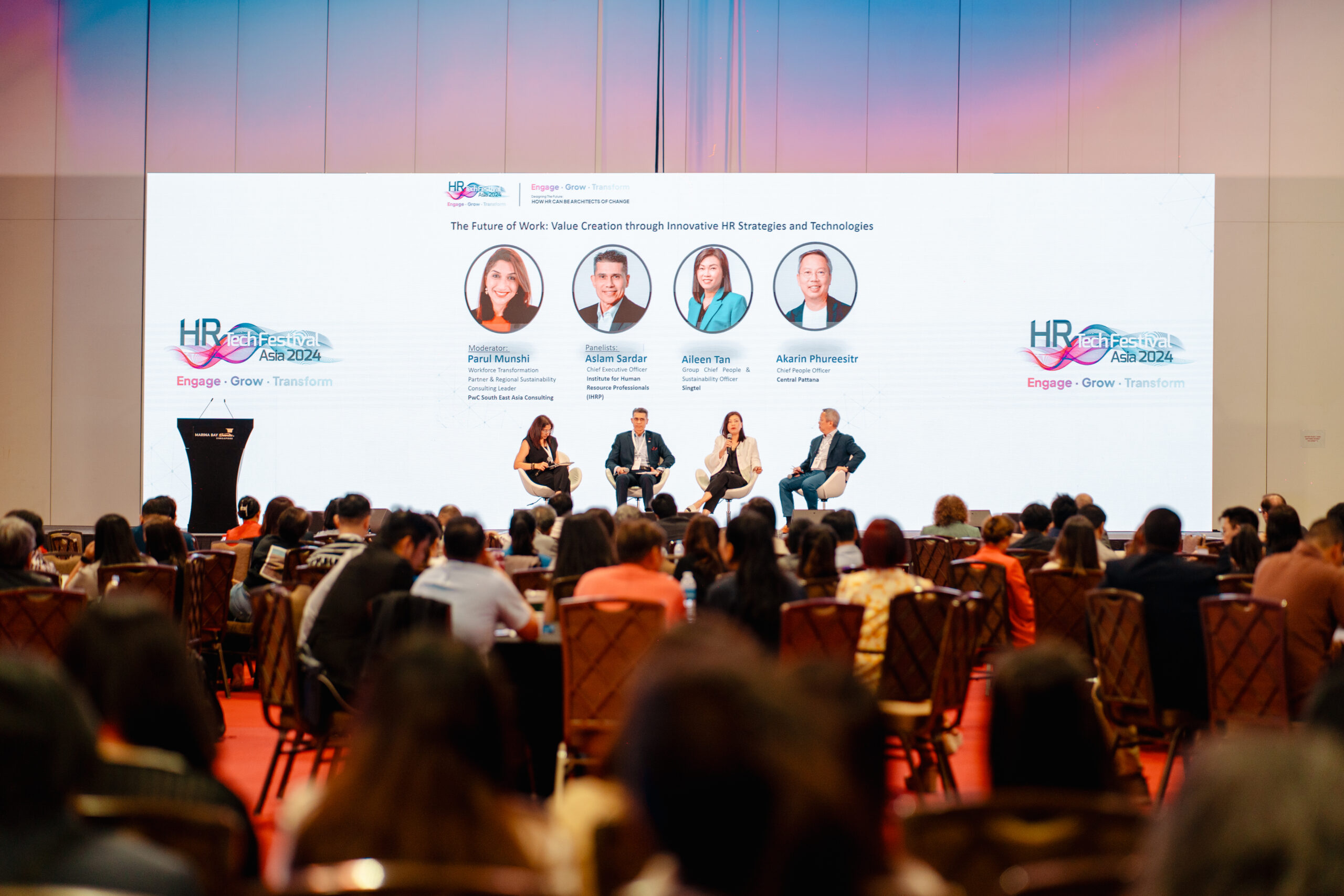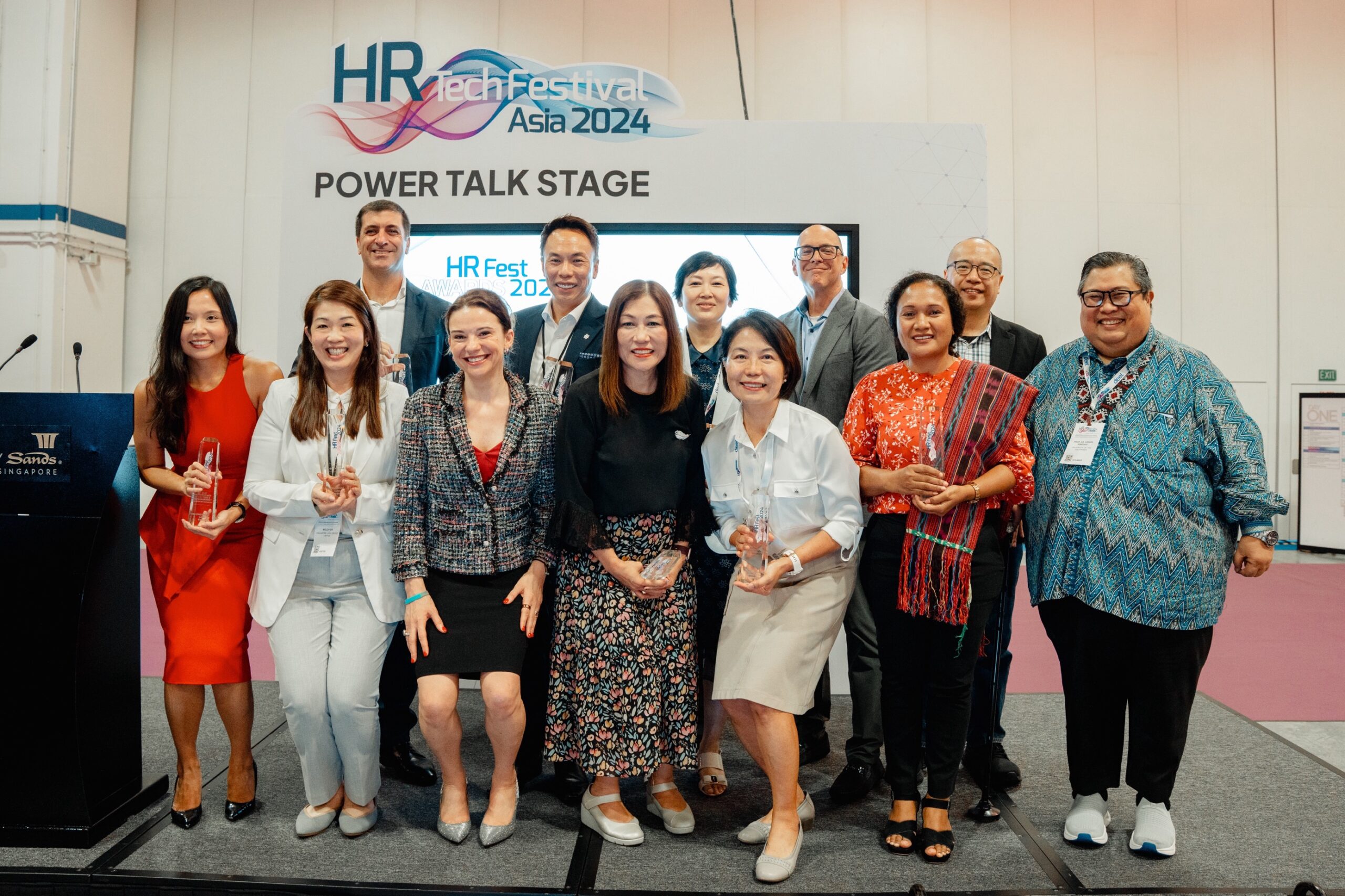Singapore mandates formal FWA request process for employers

More employees in Singapore will be able to apply or make their preference for flexible working arrangements (FWAs) known to their employers formally starting from December this year, when new tripartite guidelines would come into effect.
The guidelines state that employers should communicate their decision within two months of a request for flexible work arrangements.
While employers have the right to reject any application, the rejection should be backed up by reasonable business grounds such as cost or productivity considerations, as set by the guidelines, which will also share what constitite ‘unreasonable grounds’ for rejecting requests.
The guidelines were launched after the government accepted all the recommendations made by a tripartite workgroup, about eight months after it was convened to investigate the issue of FWAs. This was something essential, said Gan Siow Huang, Minister of State for Manpower, as she attributed these changes to Singapore’s tight labour market and ageing workforce as more members take on caregiving roles.
The implementation of FWAs will allow more caregivers and seniors to keep working should they choose to, Gan said at the launch event, reported CNA.
“I personally feel that it’s not a choice that we can make. If we want to have a strong labour force in Singapore, we want to be able to empower adults in Singapore who want to work to be able to work, flexible work arrangements have to be the way to go,” she said, alluding to the employment rate of seniors aged 65 and over at 30.6%, with one out of four employees in Singapore reaching the age of 65 by 2030.
READ MORE: FWAs disrupt creativity and innovation, says Nike CEO
“We believe that in these next few years, it’s more important for us to focus on enabling and equipping workplaces and employers, as well the employees too, so that flexible work arrangements can be implemented in a sustainable way and in a win-win way,” she said.



